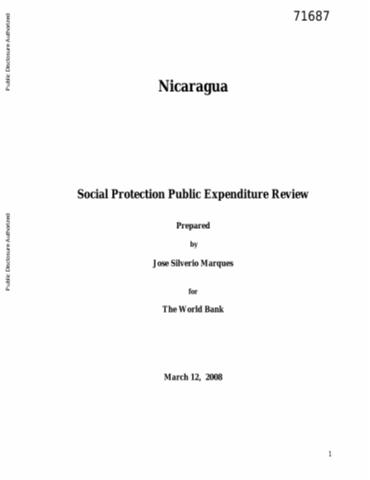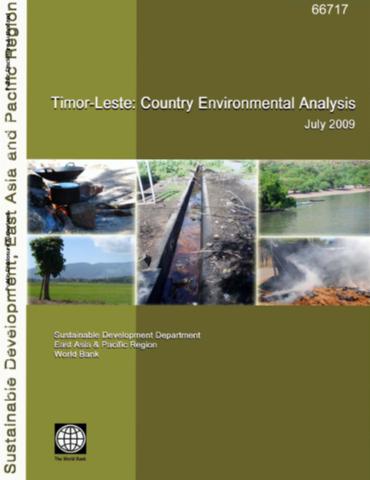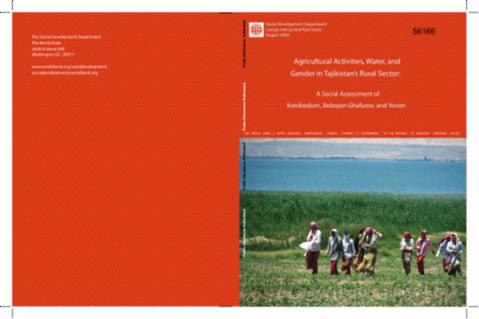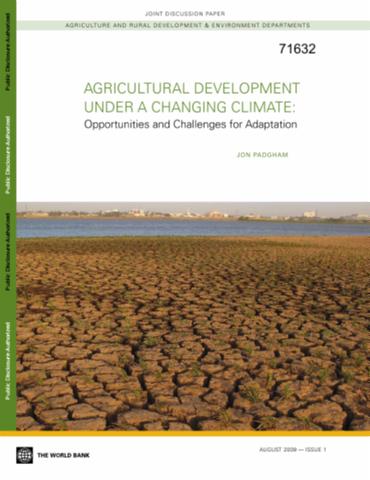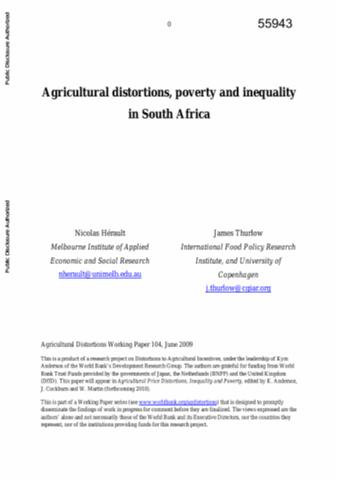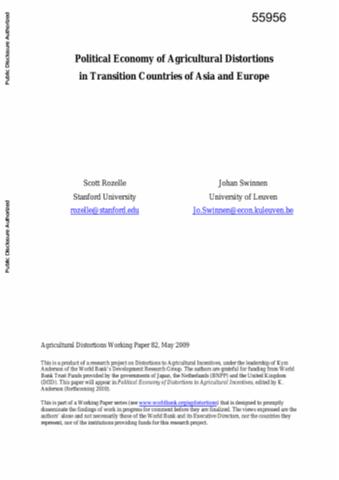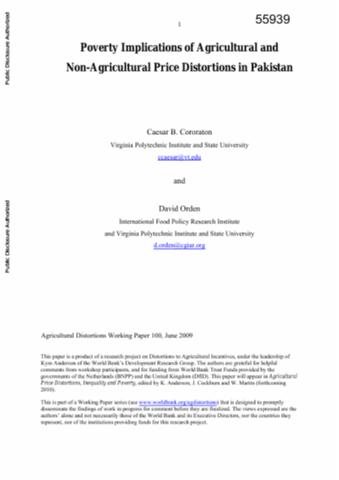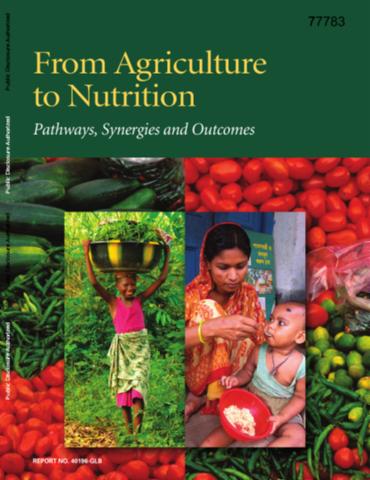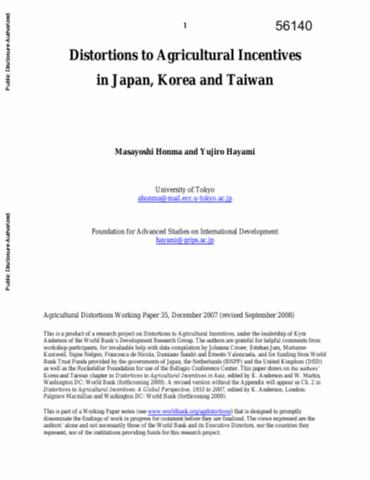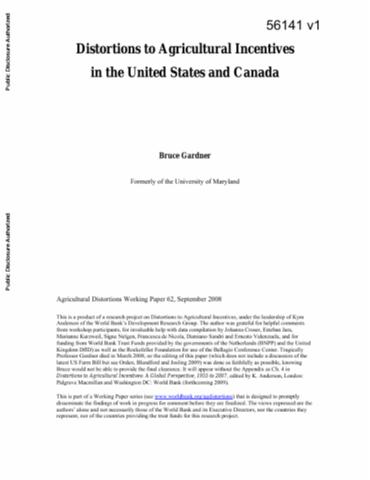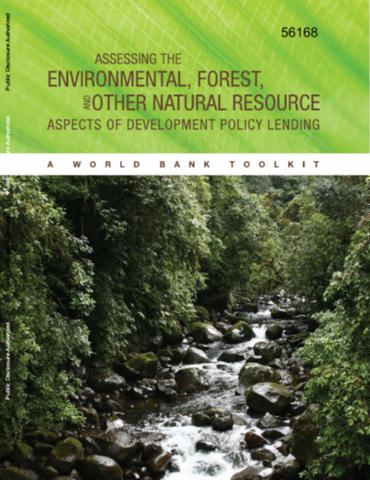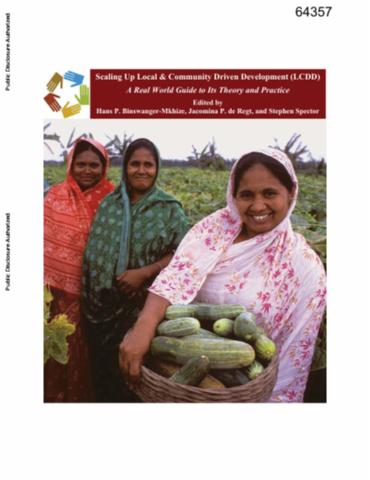Nicaragua Social Protection Public Expenditure Review
This review of public expenditures on Social Protection (SP) in Nicaragua is based on the analytical framework of Social Risk Management (SRM) developed by the World Bank. The concept of managing social risk comes from the notion that certain groups in society are vulnerable to unexpected shocks which threaten their livelihood and/or survival. Social protection focuses on the poor since they are more vulnerable to the risks and normally do not have the instruments to handle these risks.

